As we approach the season of giving and gratitude, it’s the perfect time to reflect on the often overlooked but invaluable gift that many of us possess—our healthy smiles. The ability to smile confidently, eat without discomfort, and maintain good oral health is something I am very grateful for.
The Gift of Oral Health
Smiles are a key part of our overall health and well-being. A healthy set of teeth and gums, or a good set of prosthetics like dentures, not only enhances our appearance but plays a crucial role in our ability to eat, speak, and otherwise express ourselves. As we gather with loved ones during the holidays, it’s the perfect time to recognize the significance of our oral health and express gratitude for the gift of healthy smiles.
 The Role of Preventative Care
The Role of Preventative Care
Behind every healthy smile is a commitment to prevention. Regular dental check-ups, cleanings, a balanced diet, and adopting good oral hygiene practices are the foundations of maintaining a healthy mouth. This proactive approach not only prevents common dental issues such as cavities or gum disease, but also positively contributes to our overall health, something your body will be very grateful for.
 Showing Gratitude for Dental Professionals
Showing Gratitude for Dental Professionals
In our journey to maintaining healthy smiles, oral health care professionals play a vital role. Including the friendly admin team who help schedule your visits and send reminders, the caring dental hygienists who ensure your teeth sparkle after a cleaning, the kind dental assistants who keep the office running, and finally the skilled dentists who address your concerns and provide necessary treatments. Expressing gratitude for their expertise, dedication, and hard-work makes an unbelievable impact on our lives.
 Practising Gratitude for Your Smile
Practising Gratitude for Your Smile
- Daily Oral Care Rituals: Use these moments as a daily practice in gratitude – Take a moment each day to appreciate your oral care routine. Whether it’s the refreshing feeling after brushing, the privilege of having an electric toothbrush, or the relief of flossing turkey from between your teeth, these simple acts contribute to the longevity of your healthy smile.
- Expressing Thanks: Consider expressing gratitude to your dental care team. A thank-you note or a kind word will make a significant impact. And leaving a Google Review or commenting on a social media post is such a wonderful compliment for any small business.
- Spreading the Smile: Share the importance of oral health with your friends and family. Express your gratitude for their smiles, encourage them to prioritize their oral health care, and remind them to use up any remaining dental or other health benefits before the end of year!
As we count our blessings during this season of gratitude, let’s not forget to include our healthy smiles on the list. Embracing a spirit of appreciation for our oral health sets the foundation for a lifetime of confident smiles and overall well-being. Our team at Horizon Dental would be happy to help you elebrate the gift of healthy smiles with joy and gratitude. Schedule your next dental visit by clicking here or calling our office directly at 778-765-3928.
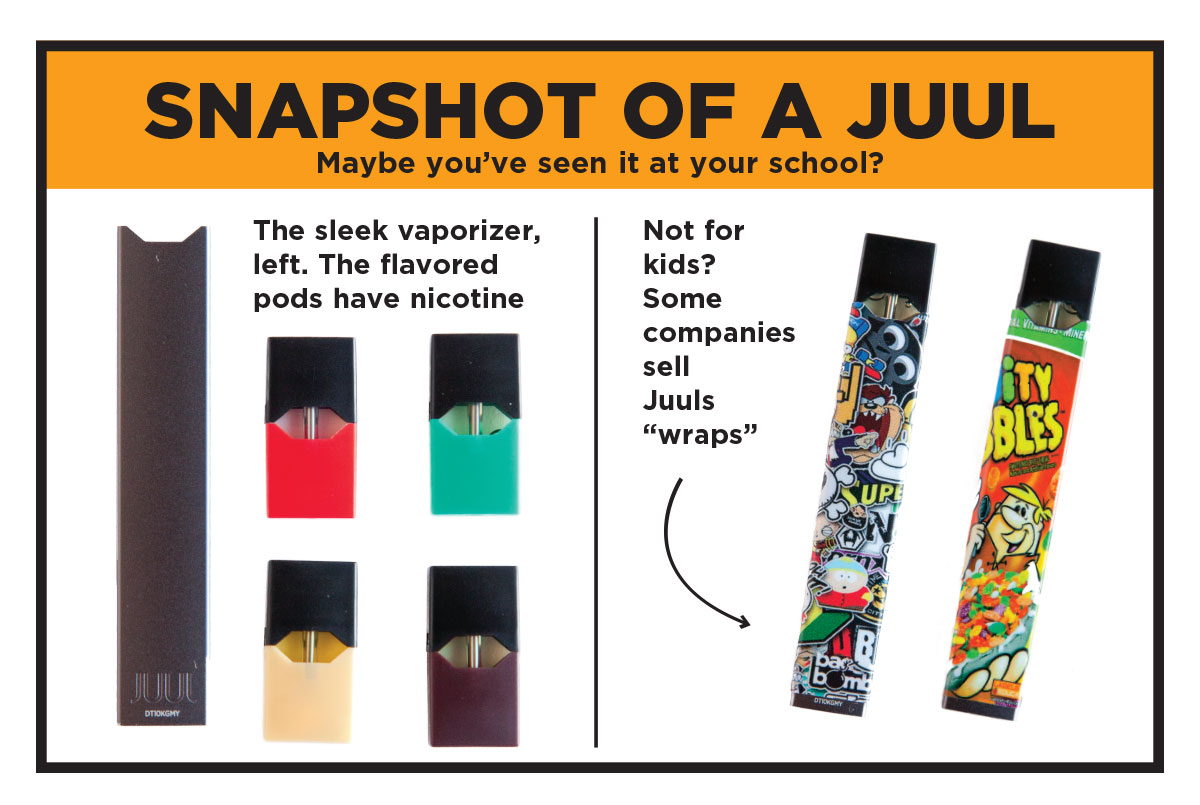

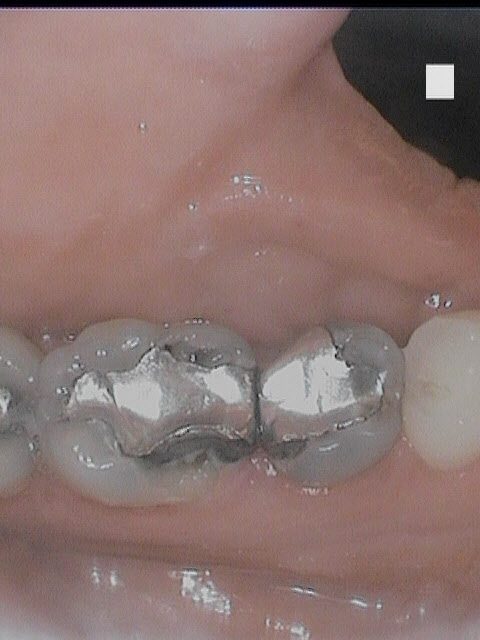
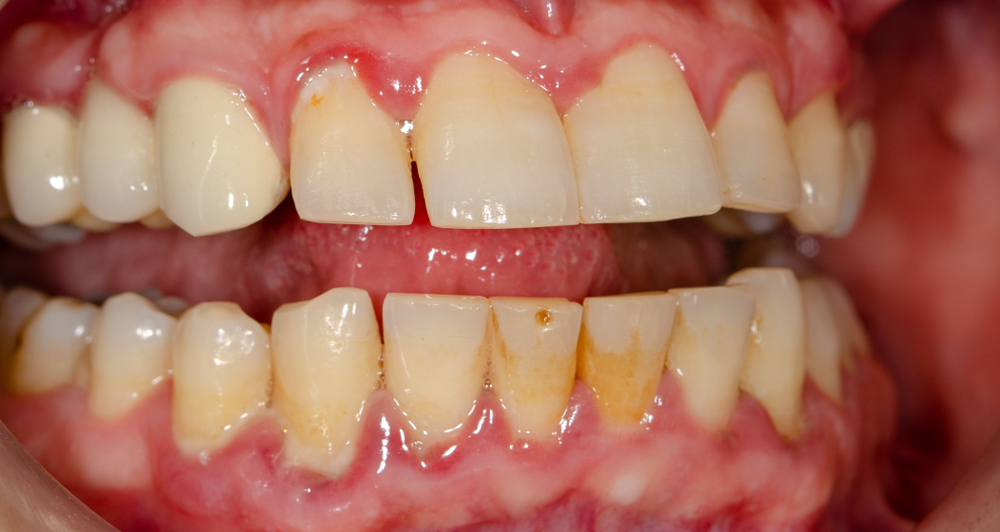
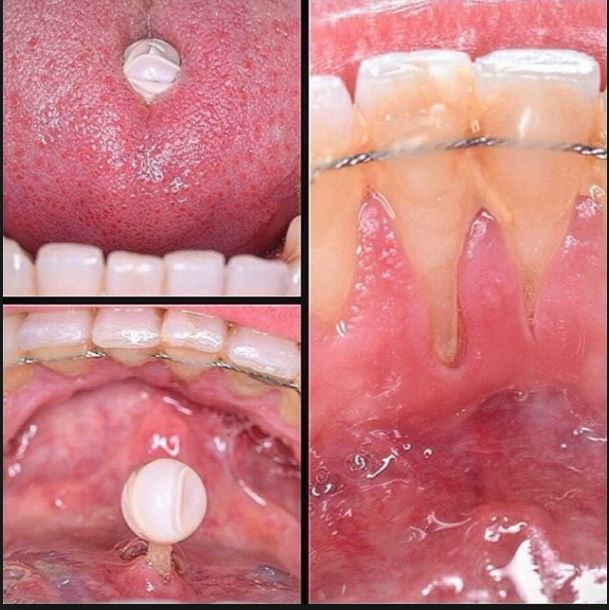
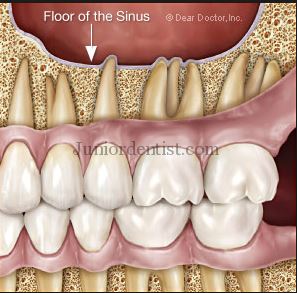
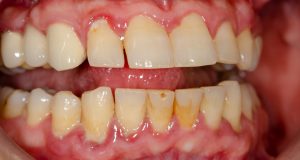 Although you might not feel up to it when sick, keep up with your oral care. Allowing plaque to build-up not only puts you at risk for gingivitis and tooth decay, but also encourages bacterial growth. This means a slower recovery from the cold and flu because your immune system is dealing with your mouth instead of fighting the cold or flu. Stick with your regular brushing and flossing routine. And if you really don’t have the energy, try a soothing mouth rinse.
Although you might not feel up to it when sick, keep up with your oral care. Allowing plaque to build-up not only puts you at risk for gingivitis and tooth decay, but also encourages bacterial growth. This means a slower recovery from the cold and flu because your immune system is dealing with your mouth instead of fighting the cold or flu. Stick with your regular brushing and flossing routine. And if you really don’t have the energy, try a soothing mouth rinse.